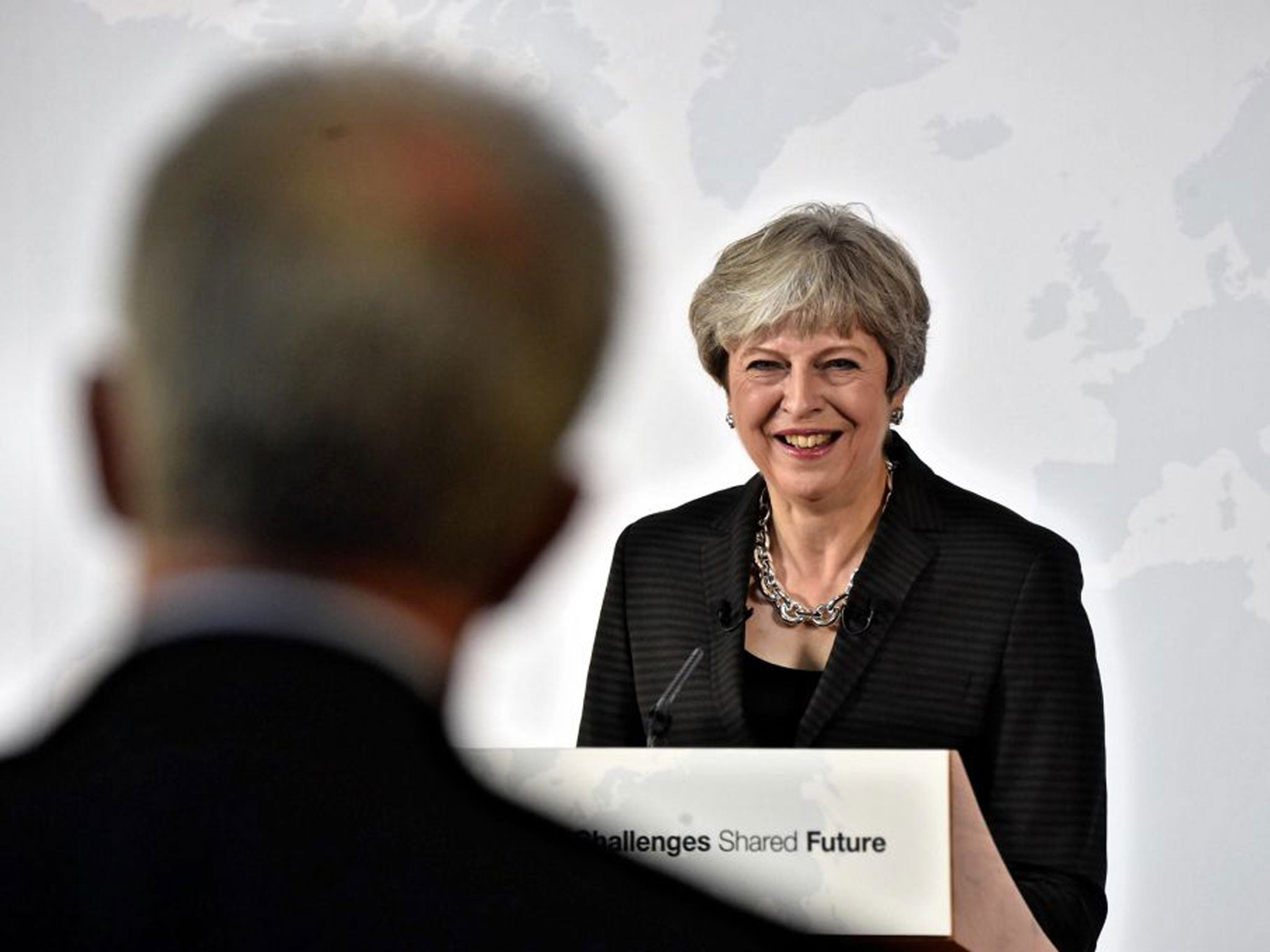EU tells Britain: Agree Brexit bill within two weeks or no trade talks this year
The Brexit timetable is in serious jeopardy
Britain has two weeks to make concessions in Brexit negotiations if it wants to open trade talks by the end of the year, the European Commission's chief negotiator has said.
Michel Barnier told reporters in Brussels that talks on trade would be "put back" again if Britain's position did not move in the fortnight.
Any further delay in meeting the EU's demands would mean "sufficient progress" to move to the next stage of talks would not be granted at the European Council summit scheduled for December, he suggested.
A failure to meet the milestone at the meeting, following a failure to do so at the previous October summit, could seriously jeopardise the Brexit timetable and steeply increase the likelihood of 'no deal'. The next opportunity to make sufficient progress would be in March 2018, leaving very little time for the rest of the negotiations to take place.
"I have to present a sincere and real picture to those three subjects to the European Council and the European Parliament. If that’s not the case then we will continue and that will put back the opening on discussions of the future," Mr Barnier said.
"That includes the transition, because that does relate to the future, because it would start on the 30 March, after the actual exiting of the United Kingdom, and our future relations and the long term partnership that we wish to agree on with the United Kingdom."
Asked whether the UK only had two weeks to make progress before the December meeting, Mr Barnier said simply: "My answer is yes."
There was no major breakthrough in the short round of talks held on Thursday and Friday this week, with Mr Barnier warning that the public "should not expect, from us at the stage where we are today, any announcements or decisions" despite some small new agreement on EU citizens' rights.
Brexit Secretary David Davis said the two-day round of talks had "enabled us to consolidate the progress of earlier negotiating rounds and to draw out those areas where further political and technical discussion is required".
"This is now about moving into the political discussions that will enable both of us to move forward together. We must now look ahead on moving our discussions into the future relationship," he added.
Asked about whether he thought the UK would make sufficient progress, Mr Davis said only: "December depends on sufficient progress and that’s a Commission concept".

The two leaders said there had been progress on the issue of citizens' rights, though Mr Barnier said there was further work needed on the issues of family reunification, the export of social benefits, and the role of the European Court of Justice before a deal could be reached.
On Northern Ireland, Mr Davis drew a clear red line rejecting leaked European Commission proposals to put customs controls between Northern Ireland and Great Britain in order to avoid a hard border on the island of Ireland. The solution to the issue "cannot amount to creating a new border inside the United Kingdom", he warned.
Again, little progress appeared to have been made on the divorce bill, however. Mr Barnier said the two sided needed “to work now on the objective interpretation of the undertakings entered into by the prime minister May in Florence”, adding: "This is absolutely vital if we are to achieve sufficient progress in December. It is just a matter of settling accounts as in any separation.” Mr Davis said the issue was "serious business".
This week's round of talks was just two days long, compared to the four days of previous rounds. Despite the looming deadline and previous warnings of "deadlock" by Mr Barnier, no further rounds are yet scheduled.
Join our commenting forum
Join thought-provoking conversations, follow other Independent readers and see their replies
Comments
Bookmark popover
Removed from bookmarks